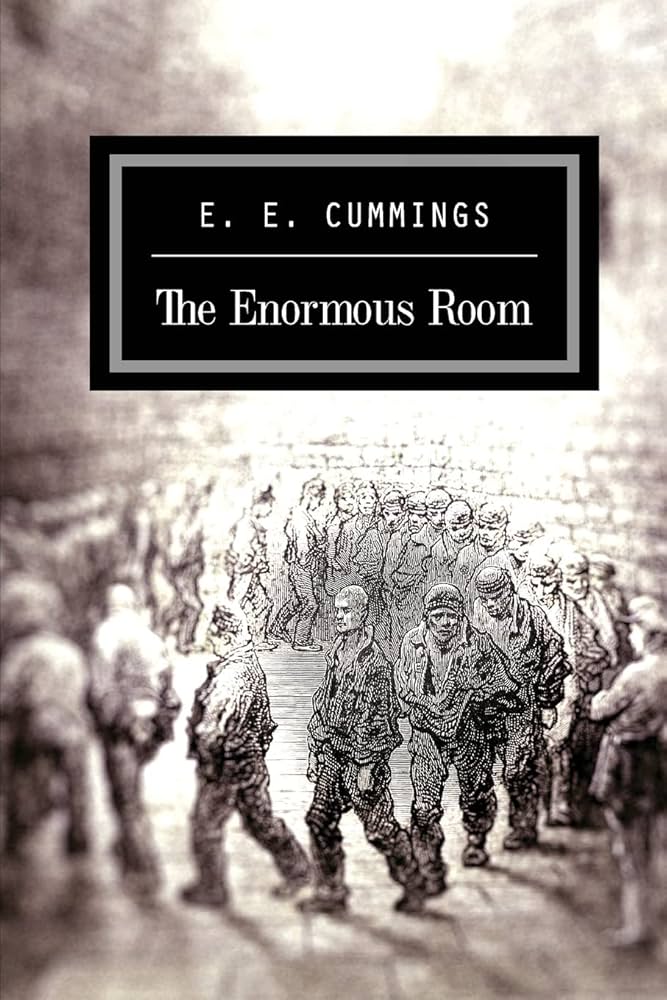Cummings’s first published book of any genre, The Enormous Room (1922), offers an expanded emotional landscape, and its return to print brings that fuller range into clearer view. The novel describes Cummings’s three-month incarceration at a camp de triage in Normandy toward the end of the First World War. Cummings had arrived in Europe as a volunteer with the Norton-Harjes Ambulance Corps, an odd organization affiliated with the Red Cross but chaired by the novelist Henry James, which had solicited “gentlemen volunteers” from the Ivy League as a way of protecting America’s favorite sons from the looming draft and the horrors of trench warfare. In April 1917, Cummings signed up alongside Dos Passos and fellow Harvard poet Robert Hillyer, just six weeks before President Woodrow Wilson signed the Selective Service Act.
On the ship crossing the Atlantic, Cummings met a kindred spirit and fellow volunteer named William Slater Brown, and they became inseparable during the weeks they awaited assignment in Paris. Once near the front, Cummings and Brown found themselves mostly safe but profoundly bored, and they bristled against the menial demands of their French handlers. When military censors saw that Brown was making fun of their superiors in his letters home, he and Cummings were arrested as suspected spies (though allowed to finish their “nettoyage” of their lieutenant’s car first). This is where The Enormous Room begins.
Cummings endured several days of handcuffed train travel, followed by a flat-footed interrogation: “Est-ce-que vous détestez les boches?” “Les boches” is French slang of roughly the same vintage and meaning as “the Krauts,” and Cummings knows what he’s supposed to say. “To walk out of the room a free man I had merely to say yes. My examiners were sure of my answer.” But Cummings is either too principled or annoying to cooperate: “Deliberately, I framed the answer: ‘Non. J’aime beaucoup les français.’” And just like that, he’s off to the camp de triage—so-called because a team of examiners would arrive seasonally to process the inmates and either discharge them to their home nations or move them to a permanent detention facility.
